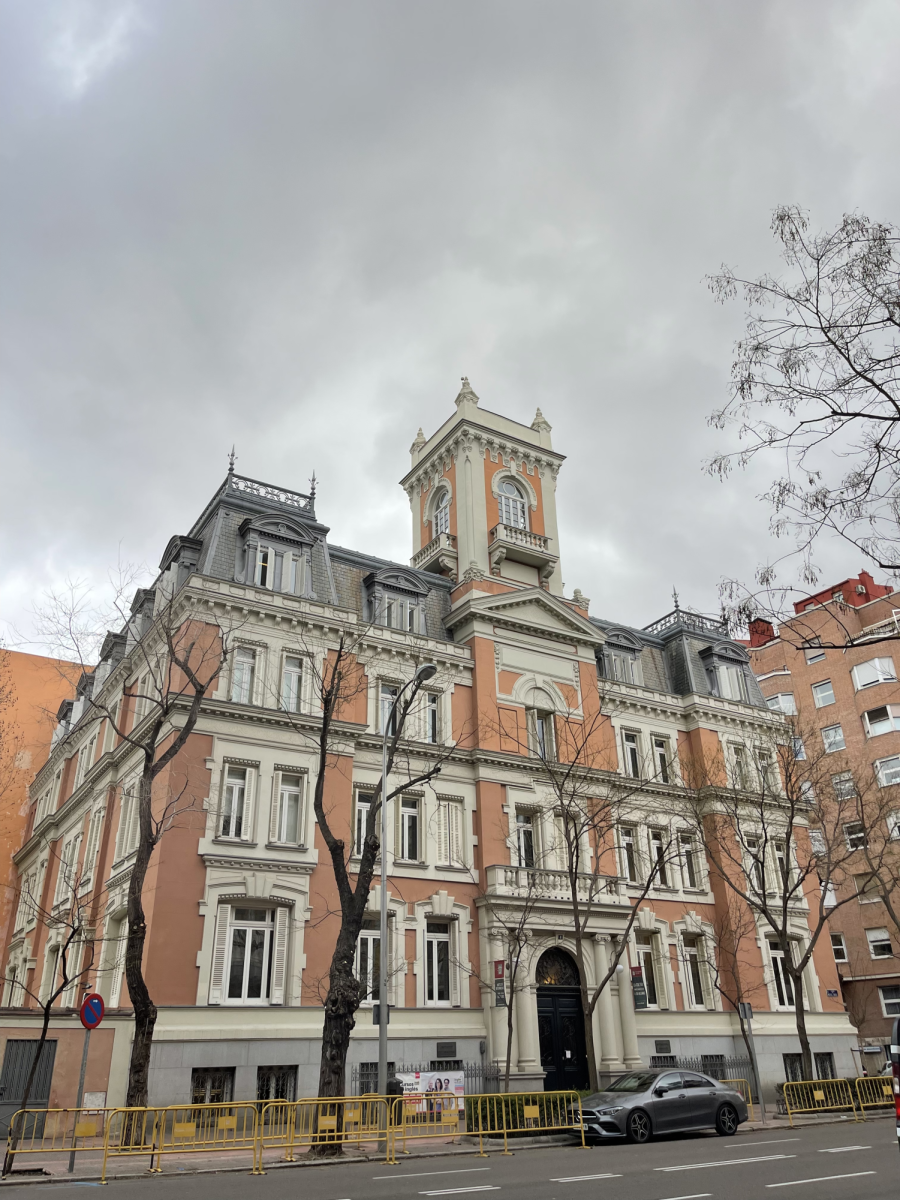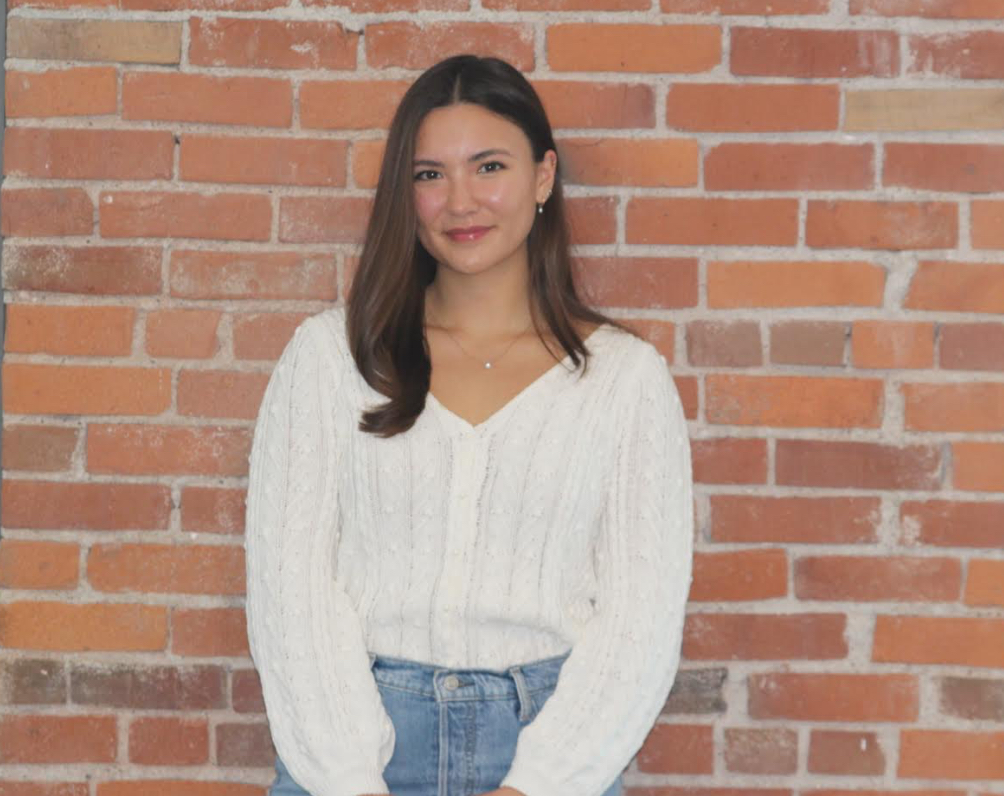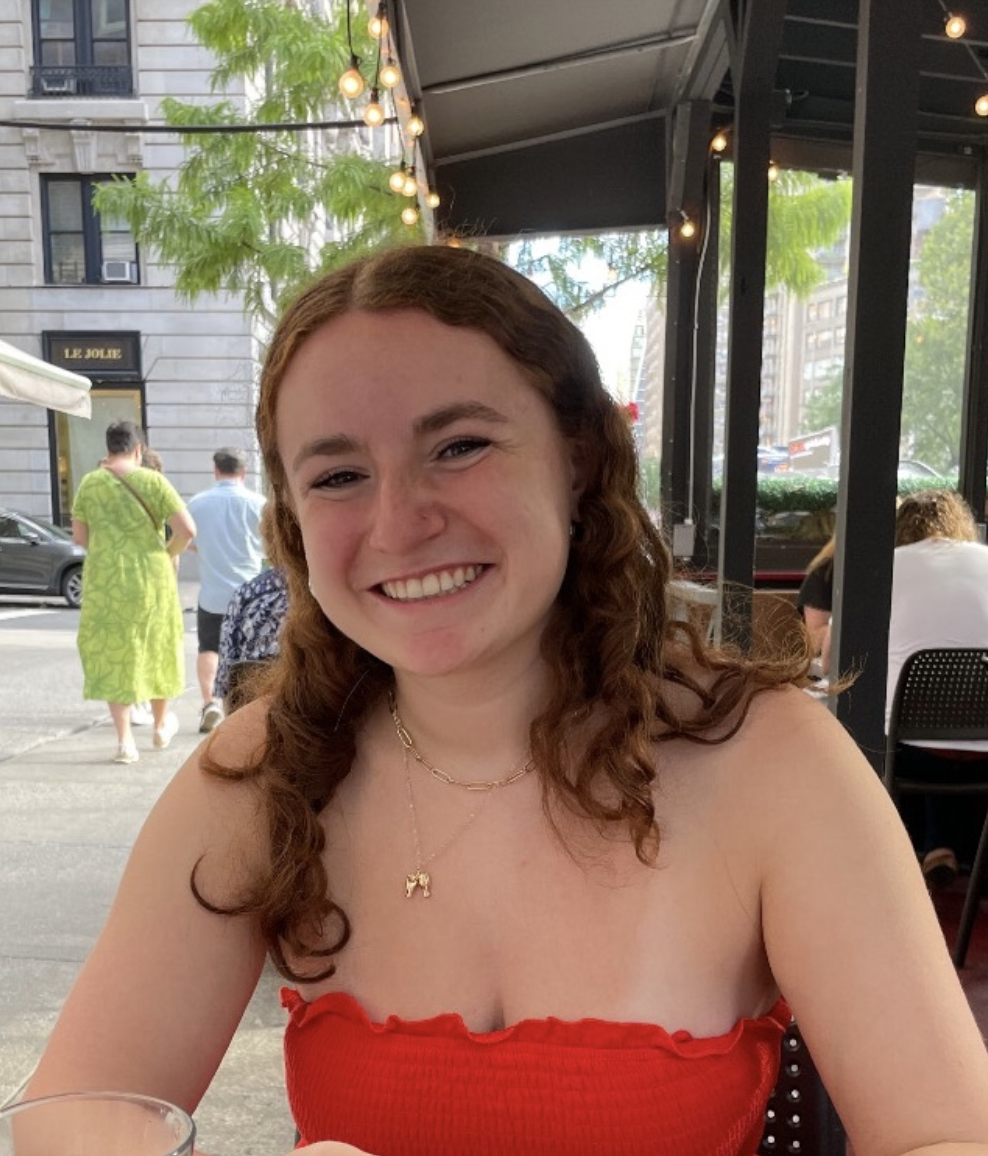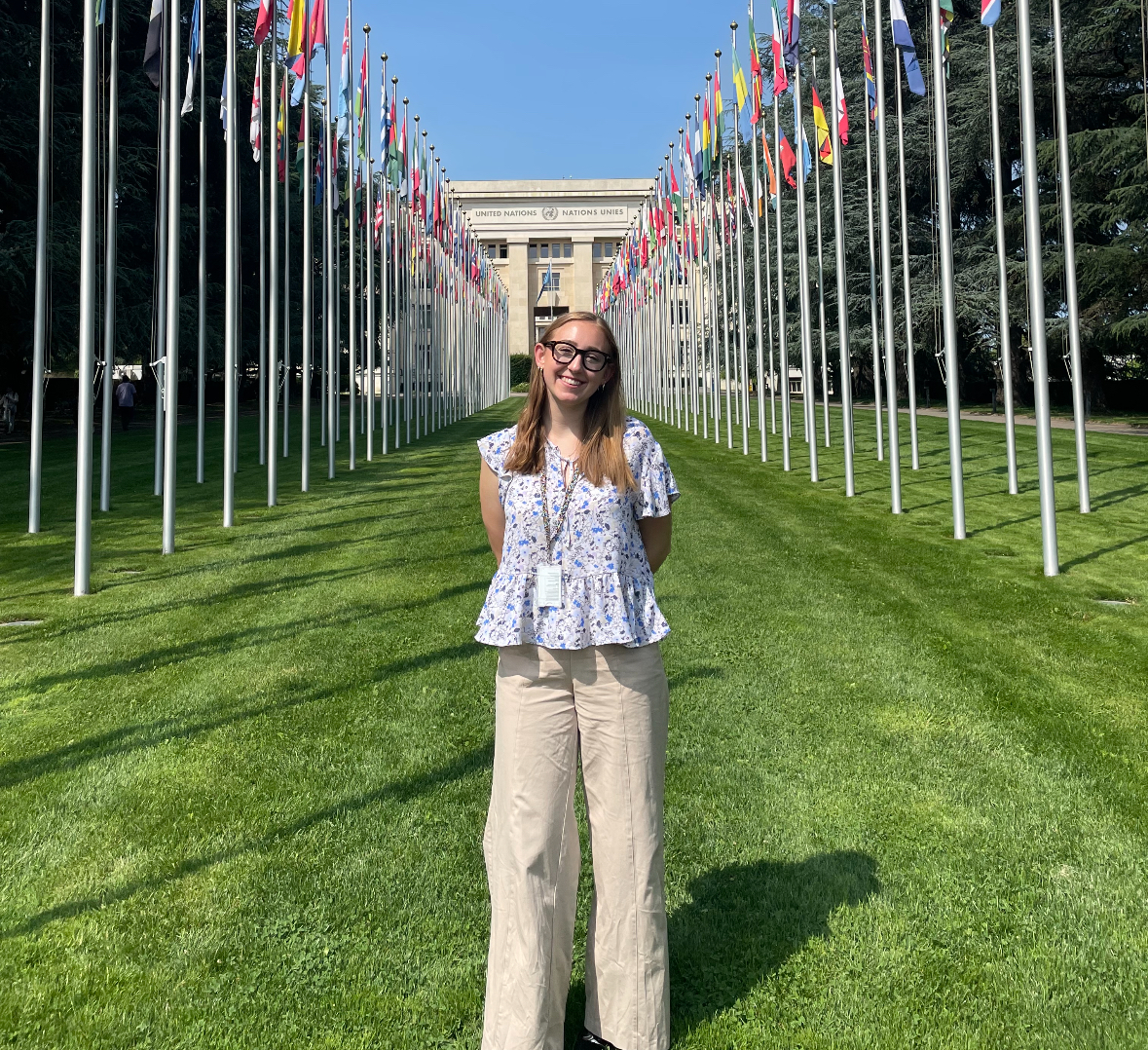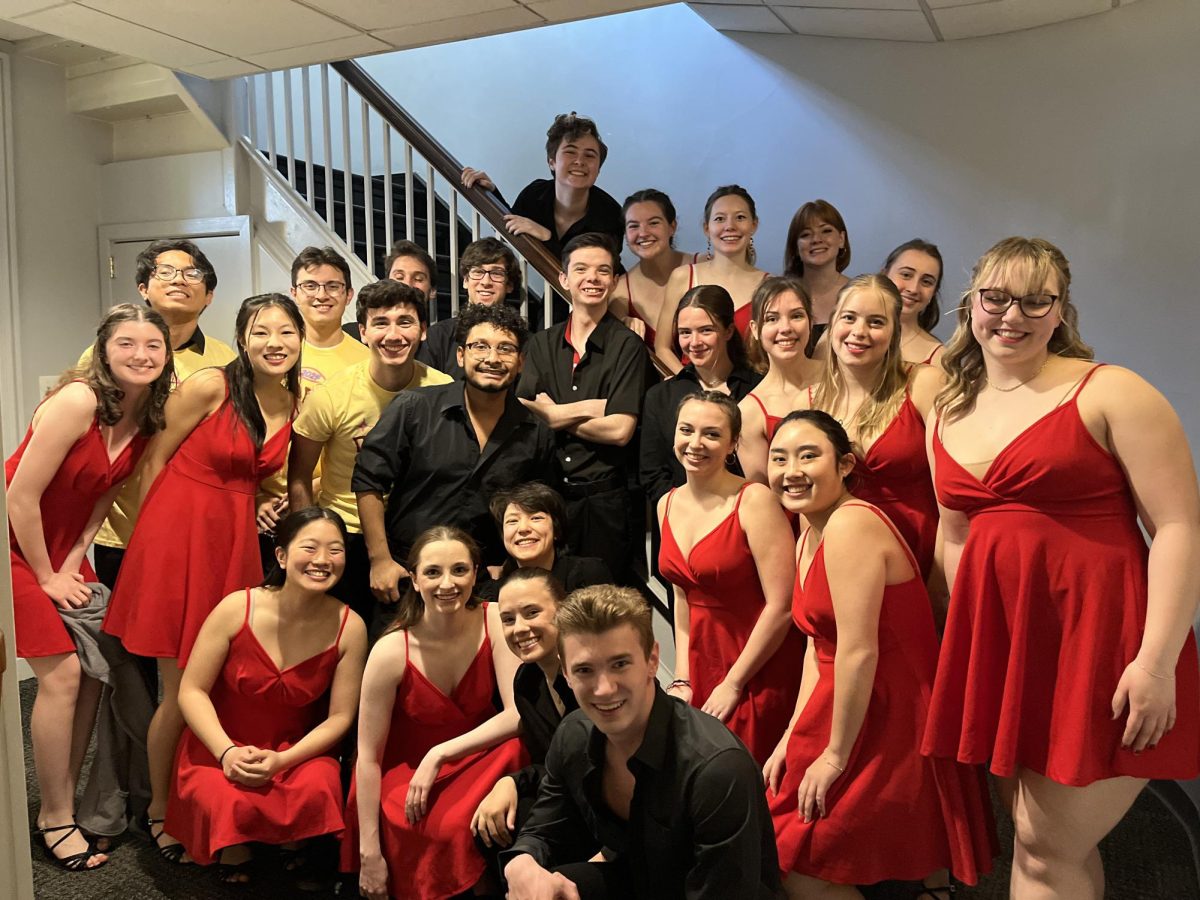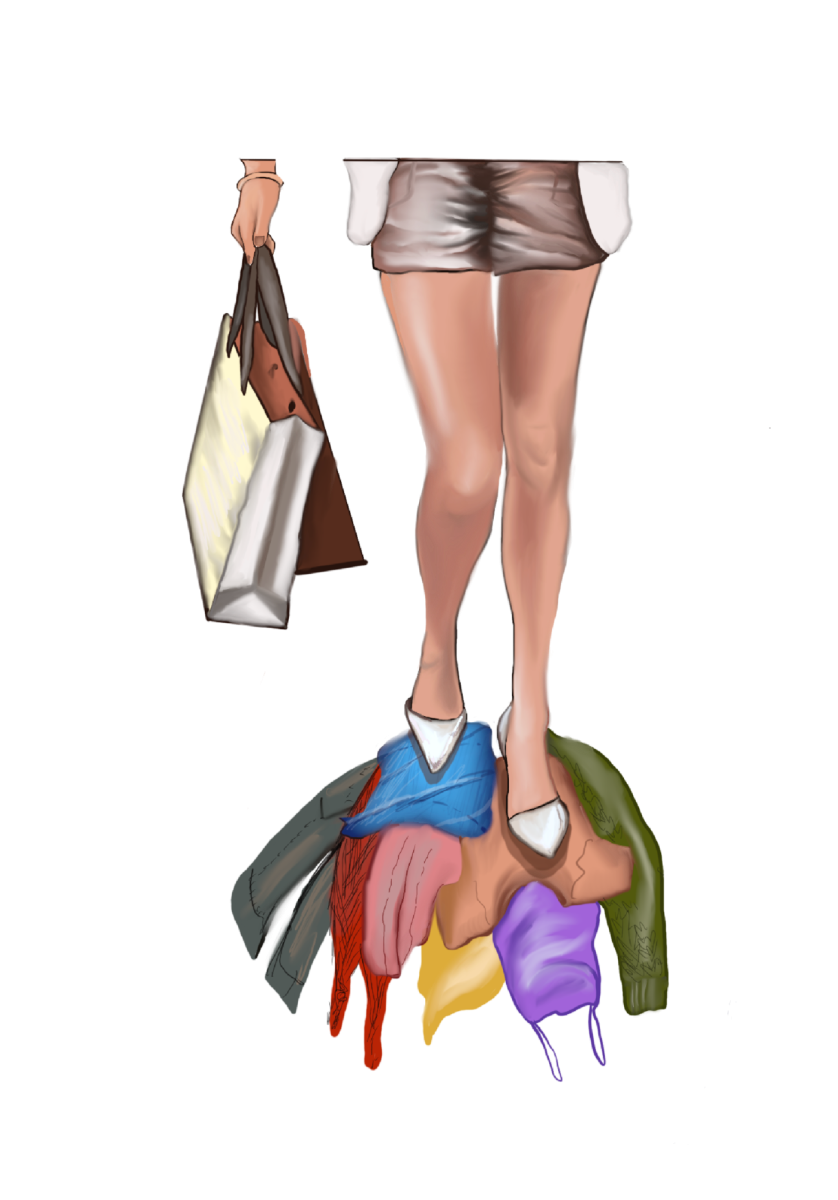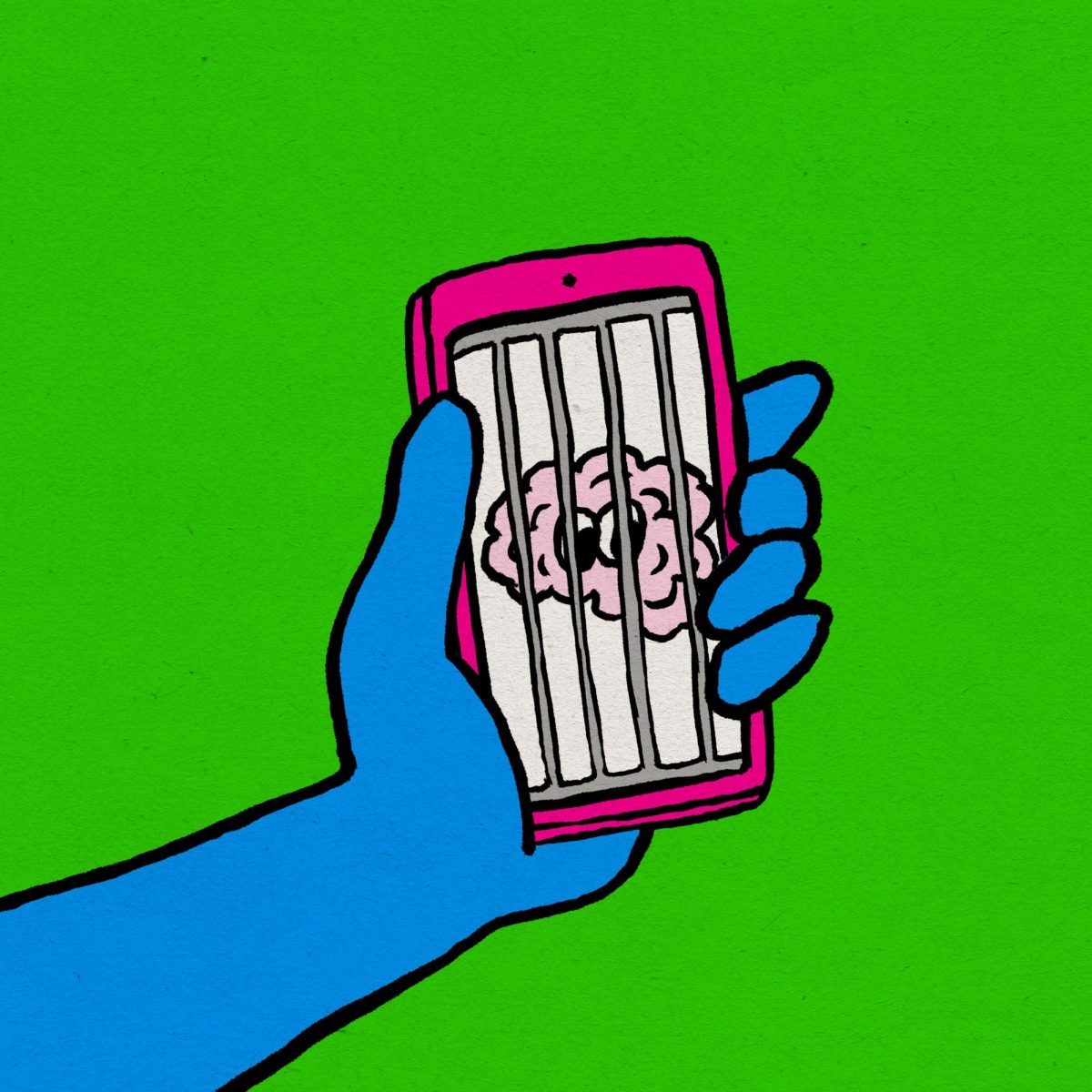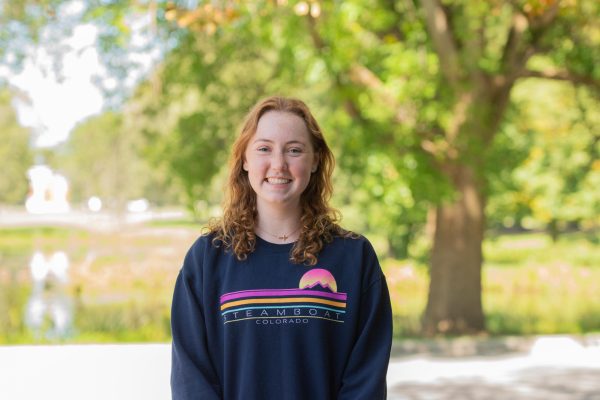Studying a language in a classroom is sufficient for learning linguistic basics and developing a solid foundation, but classes can only take you so far. Likewise, many Colgate University students have a strong language background but don’t want to take formal classes. As a result, many students who want to improve their fluency, or just spend time in another country, choose study abroad programs that are centered around or emphasize foreign language immersion.
Caroline Cummins, a senior concentrating in psychology with a Women’s Studies and Education minor, participated in the Syracuse Madrid program, where she found herself immersed in the Spanish language and culture.
“I went on the Syracuse Madrid program last spring and absolutely loved it,” Cummins said. “It was a really well-established program with a good mix of both Syracuse students and visiting university students [… I] knew it would be good for me to step out of my comfort zone for just a few months.”
Cummins stayed with a host family, which she emphasized was a highlight of her trip. The constant exposure to native speakers during the semester eventually made her feel more secure in herself and her Spanish skills, but she was initially quite nervous.
“I knew Madrid was going to be the most amazing city, but I never knew how much I was going to love staying with a host family,” Cummins explained.
“Jumping into a city with a different language and especially a host family was very, very anxiety[-inducing] for me because I really did not know how I was going to be able to develop not only a strong relationship with them but also simply communicate with them about fairly basic things,” She added.
Shira Kim, a senior concentrating in biology with a minor in economics, had never taken a language class at Colgate. However, she had prior experience speaking some French and chose to participate in the NYU Paris study abroad program last Spring.
“The program was taught in mostly English, with the option to take classes in French,” Kim said. “Professors were all fluent in French, with many of them being native French speakers.”
Kim and Cummins both felt that they learned the most through exposure, building on prior knowledge and embracing the chance to learn in varied environments.
“I haven’t even taken a language class at Colgate, but I am Cuban so have grown up hearing a lot of Spanish with extended family,” Cummins explained. “[Soon,] I was far more fluent than I could have imagined. My listening improved almost immediately and my speaking/conjugations came soon after. It was so cool to start to sort of think and do basic things in Spanish without even trying!”
“Language class abroad felt like a support; since I was in Paris and could already speak basic French, I really tried to speak with locals and meet Parisians to improve,” Kim agreed. “Being able to use what I learned to become acclimated to more real conversational French as well as work on my accent and slang was very easy, and I would say I picked up most of my language skills from that effort rather than class.”
Associate Director of Off-Campus Study Cas Sowa explained the differences in the types of language classes and programs offered.
“Programs that require no language background or a minimum language background normally offer language subjects, but then all other subjects are in English,” Sowa stated. “Language focused programs, where students need intermediate or advanced-level language background for admission, usually require students to enroll in a language class. For these programs, usually all classes are taught in that language. The Freiburg and Madrid Study groups are examples of these programs, as all classes are taught in Spanish or German in these programs.”
Kim and Cummins were both clear about how much they appreciated their adopted language communities.
“There were days when my French was really bad and I could barely speak, and days when it was great and I could blend in,” Kim said. “Parisians have a bad rep for being rude, but making the effort to speak French was endearing to them in a way, and I was fortunately always met with kindness and support [from] locals.”
“It was such a cool feeling to be able to open up my eyes to a whole new culture and community of people and feel comfortable doing so,” Cummins said. “[After a while,] I no longer felt out of place in Madrid or nervous and felt confident in my ability to live there independently. [It] was an insane adjustment period, but it is something I would do over and over again if I could.”


